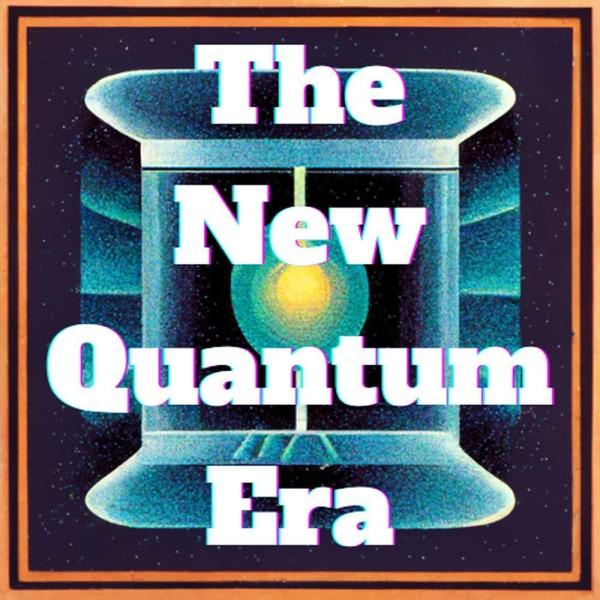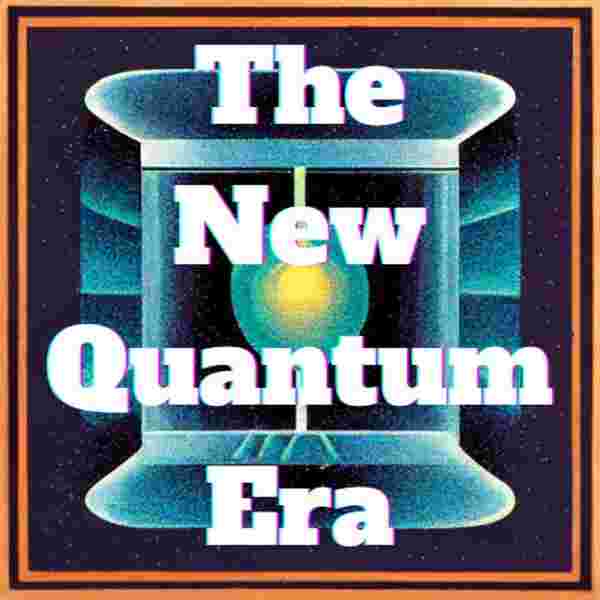In this episode, Sebastian Hassinger sits down with Dr. Liang Jiang from the University of Chicago to explore the exciting intersection of quantum error correction theory and practical implementation. Dr. Jiang discusses his group's work on hardware-efficient quantum error correction, the recent breakthroughs in demonstrating error correction thresholds, and the future of fault-tolerant quantum computing.
Key Topics Covered
Current State of Quantum Error Correction
- Recent milestone achievements including Google's surface code experiment and AWS's bosonic code demonstrations
- The transition from purely theoretical work to practical implementations on real hardware
- Hardware platforms showing high fidelity: superconducting qubits, trapped ions, and cold atoms
Hardware-Efficient Approaches
- Bosonic Error Correction: Using single harmonic oscillators to correct loss errors, demonstrated at Yale and AWS
- Surface Codes: Google's achievement of going beyond breakeven point for quantum memory
- QLDPC Codes: Collaboration with IBM and neutral atom array experiments, particularly Michel Lukin's group at Harvard
Fault-Tolerant Gate Implementation
- Challenges of implementing universal computation with error-corrected logical qubits
- Magic State Injection: Preparing resource quantum states and teleporting them into circuits
- Code Switching: Switching between different error correcting codes to achieve universal gate sets
- The Eastin-Knill no-go theorem and methods to overcome it
Programming Abstraction Layers
- Evolution toward higher-level programming abstractions similar to classical computing
- Efficient compilation of quantum circuits using discrete fault-tolerant gate sets
- Memory Operations: Teleporting gates into quantum memory rather than extracting qubits
Quantum Communication and Networking
Channel Capacity and GKP Codes
- Application of Gottesman-Kitaev-Preskill (GKP) codes for achieving channel capacity in lossy channels
- Recent experimental demonstrations in trapped ions and superconducting qubits showing breakeven performance
Microwave-to-Optical Transduction
- Critical challenge for connecting quantum devices across different frequency domains
- Recent progress in demonstrating quantum channels between microwave and optical modes
- Applications for both quantum networking and modular quantum computing architectures
Advanced Applications
Quantum Sensing with Error Correction
- Research by Dr. Jiang's former student Sisi Zhou addressing John Preskill's 20-year-old question
- Necessary and sufficient conditions for error correction to help quantum sensing
- Applications to gravitational wave detection and dark matter searches
Algorithmic Quantum Metrology
- Collaboration with MIT researchers on combining global search algorithms with quantum sensors
- Potential for quantum advantage in processing quantum signals from quantum sensors
Future Directions
Distributed Quantum Computing
- Modular architecture with specialized components: memory, processors, and interfaces
- Scaling challenges requiring interconnects between different quantum devices
- System-level thinking about quantum computer architecture
Application-Specific Error Correction
- Tailoring error correction schemes for specific algorithms and applications
- Co-design approach considering hardware capabilities and application requirements
Key Insights
- Theory-Experiment Collaboration: The importance of close collaboration between theorists and experimentalists to understand real-world error models
- Hardware Efficiency: Moving beyond generic error correction to platform-specific and application-specific approaches
- Temporal Considerations: The need for not just hardware efficiency but also time efficiency in quantum operations
- Abstraction Evolution: The inevitable move toward higher-level programming abstractions as fault-tolerant quantum computing matures
Notable Quotes
"We want to do hardware efficient quantum error correction... given qubits are still very precious resource."
"Quantum computers are really good at processing quantum signals. Where does the quantum signal come from? Quantum sensor is definitely a very promising source."
About the Guest:
Dr. Liang Jiang leads a research group at the University of Chicago focused on the practical implementation of quantum error correction and fault-tolerant quantum computing. His work spans multiple quantum platforms and emphasizes the co-design of hardware and error correction schemes.
About The New Quantum Era:
The New Quantum Era is hosted by Sebastian Hassinger and features in-depth conversations with leading researchers and practitioners in quantum computing, exploring the latest developments and future prospects in the field.

